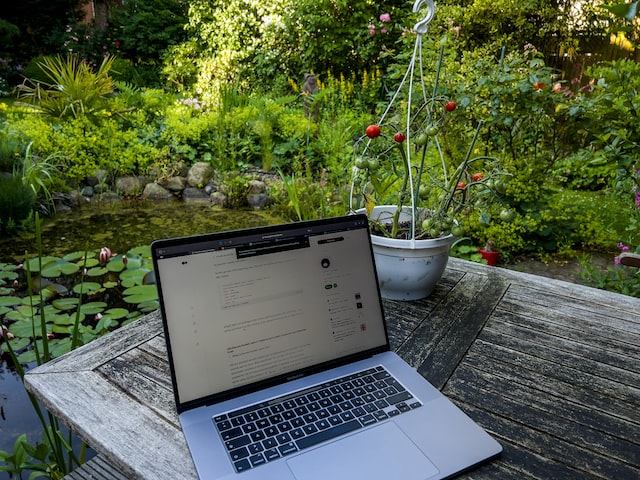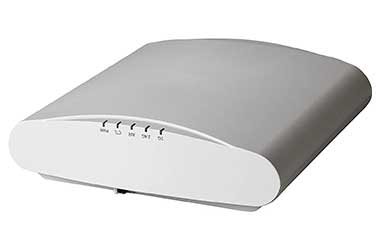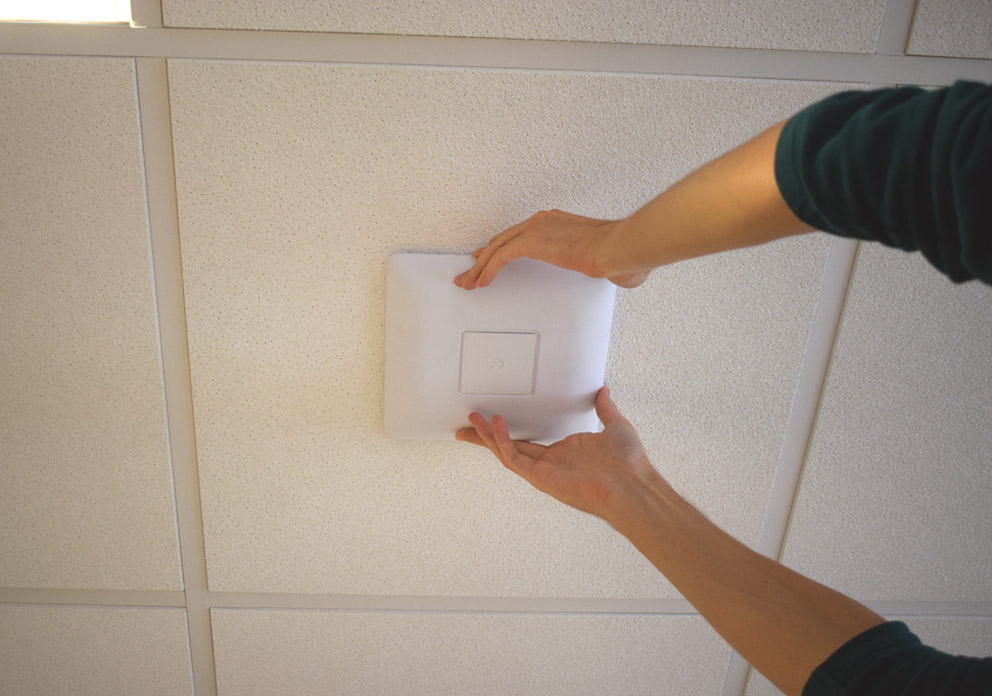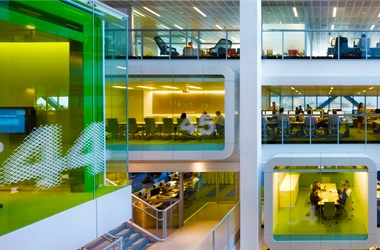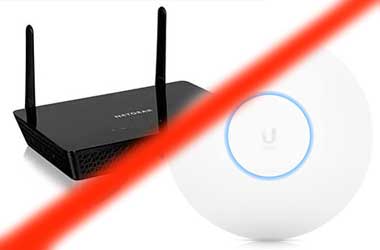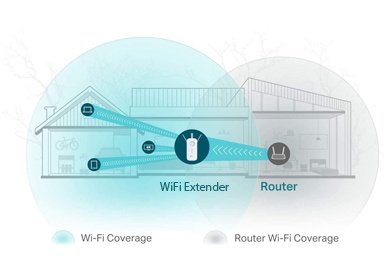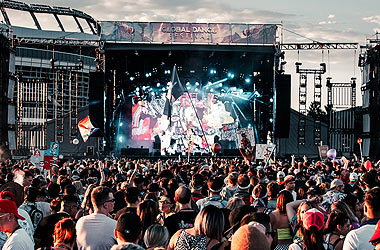
Having a proper event internet service for an event is one of the most important points when it comes to organizing an event. There’s no denying that every event is different, even those in the same industry and organized by the same people will differ in one way or another. This is why WiFi should be treated as a new endeavor for every event.
A lot of organizers make the mistake of leaving it until the last minute and treating it as a second thought, something that isn’t vital. However, this brings with it a number of risks. Not only are you likely to be faced with disgruntled exhibitors and attendees, but you also run the risk of being faced with WiFi that doesn’t provide the speed and connectivity that you need for key moments. Luckily, there are a few things that you can do to ensure that you get the most out of your event internet connectivity from beginning to end.
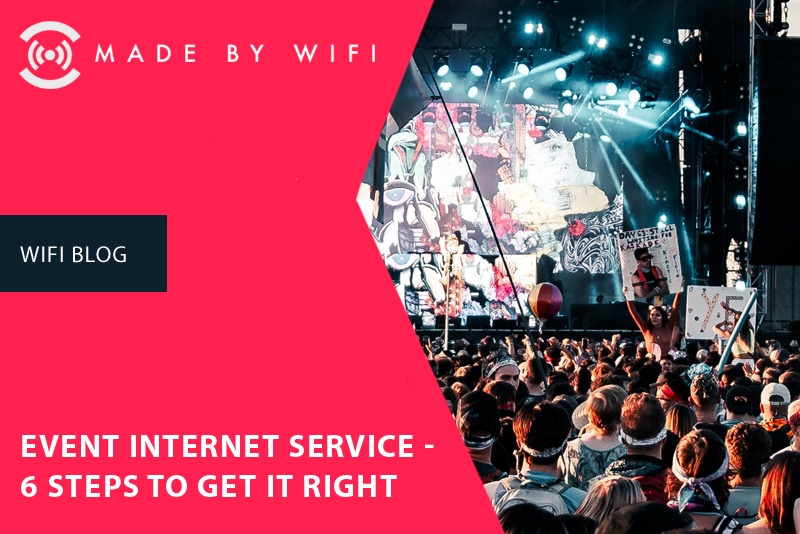 How to Get the Most Out of Your Event Internet Service at Any Event
How to Get the Most Out of Your Event Internet Service at Any Event
1. Think About Your Specific Event’s Needs
When you are planning event internet, it is vital to think about your specific audience. Consider who will be using WiFi, how many devices they will have and what they will be using it for. Regardless of whether you are focusing on exhibitors or attendees, there are very few people who won’t want to use internet in some way throughout the day. General event attendees and visitors tend to only need WiFi for personal use, only connecting here and there to check emails and to keep up with their social notifications.
Exhibitors will typically use a wide range of marketing tools at an event, ranging from printed banners and leaflets to videos and slideshows, which means that many will rely heavily on WiFi from the moment they arrive. It’s important for an event to have WiFi that meets the needs and requirements of those in attendance. An event with great WiFi reflects well on the organisers, the industry and the event as a whole.
2. Think About Content at the Event
The type of content that will be at the event will hugely influence your WiFi needs. If the event is likely to have a lot of media and interaction, you will require more bandwidth. This will ensure that the WiFi can keep up with the speed that is needed to avoid buffering and poor connectivity. Bandwidth is especially important if there will be live streaming, audience participation, polling or quizzing at the event. If there will be less media being used at the event, your bandwidth requirements will be slightly different.
3. Plan to Get Event Internet Service Ahead of Time
In order to make sure that event internet works in the way that you need it to throughout the entire event, you always need to plan ahead of time. It is stressful to realize that you need better internet connection hours before everything is scheduled to kick off and there is rarely time to make the necessary improvements.
You won’t want to contend with buffering, slow load times and dead zones on the day of the event. Make sure that there is enough time in the weeks and months leading up to the event to properly plan and organize everything. Regardless of who is providing and organizing the WiFi, give them adequate time to create WiFi that truly works for you and those attending.
4. Remember, Event Internet Speed is Important
There will be a lot of exhibitors and attendees relying on WiFi throughout the duration of the event, which means that speed is very important. If your event internet service has a lower bandwidth than you need, you are going to run into problems. People will struggle to connect, media may not work and there will be slow load times for everyone. If you don’t have enough internet speed, you won’t get the most out of it. Rather than guessing and hoping for the best, make a point of guaranteeing that your WiFi internet can keep up with the demands that will be placed on it.
5. Prioritize Some WiFi Traffic Over Others
Though it’s entirely possible to have WiFi at an event that will handle everything that is thrown at it, it’s always useful to prioritize some types of traffic over others. There is no telling when WiFi will begin to struggle and so certain traffic should be given right of way. By doing so you will ensure that important traffic such as live streams and speakers will have the WiFi connection that they need, when they need it. When a network is struggling, it doesn’t make sense for individual WiFi user to affect the WiFi of the entire event.
6. Learn From Past Events
There is always something to be learned from past events and this includes getting the most out of your WiFi. By taking a look at the usage of a similar event and analyzing the trends, you will be able to determine if any changes should be made for a future event. If usage was higher than you anticipated, bare this in mind. If more media was used than you intended, take this into account.
You may even want to survey past attendees and exhibitors to find out if they ran into any problems with the WiFi that you were not aware of. Find out if the WiFi was fast enough, were there any dead zones and did the connection drop. With this information, you can make any necessary changes.
As you can see, there are a number of different ways to get the most out of your event internet service. Though organizing WiFi for an event may initially seem daunting, it doesn’t need to be. With the right amount of planning and an experienced provider taking care of the technical side of things, it is possible to create a WiFi network that will do everything you need it to do.
